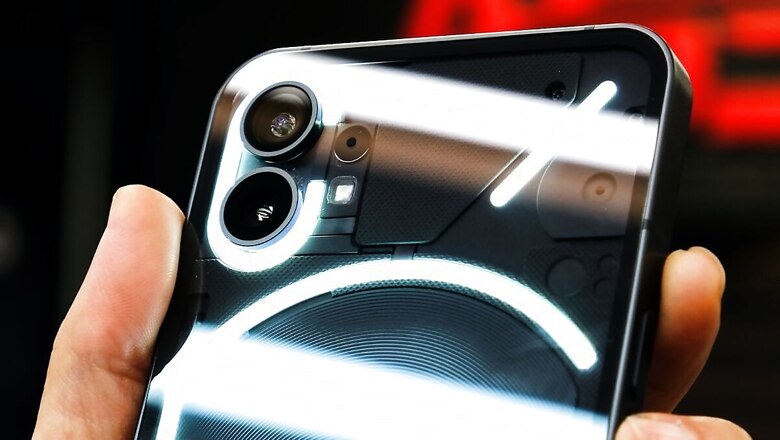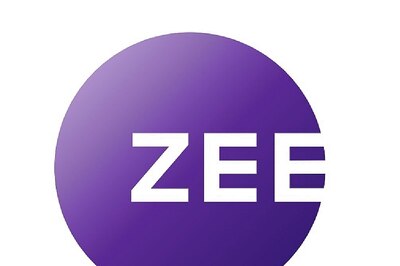
views
The Nothing Phone (2), which will be the successor to the much-hyped Nothing Phone (1), is set to launch in July, as confirmed by CEO Carl Pei in an interview with Forbes.
Previously, some concrete information had already been confirmed about the device, including the chipset—Qualcomm Snapdragon 8+ Gen 1. However, Carl Pei has now revealed that the device will be equipped with a 4700 mAh battery, surpassing the 4500 mAh battery cell found in the outgoing Nothing Phone (1).
Regarding aesthetics and design, very little is currently known about the device, except for a short teaser released by the company earlier this year. From the teaser, it is evident that the Nothing Phone (2) will feature a design reminiscent of the Nothing Phone (1)—indicating a likely transparent back panel adorned with the signature glyph lighting interface that garnered attention for the first phone.
The company’s teaser also unveiled a red LED indicator on the back and the presence of a mysterious switch, though it remains unknown if the switch will serve a functional purpose or purely contribute to the device’s aesthetics.
Moving forward, it is expected that the company will gradually release more information in small increments to generate hype and excitement among potential buyers and the tech community—a strategy successfully employed during the launch of the original Nothing Phone (1).
The Nothing Phone (2) is also anticipated to feature upgraded cameras, further improving upon its predecessor. During his series of reviews for rival products, Carl Pei emphasized that the camera is a top priority for Nothing. While acknowledging that their software may lag behind some competitors, the company is actively working to improve the overall camera experience for consumers.
As for pricing in India, there is currently limited information available. However, considering the inclusion of a flagship-grade Snapdragon 8+ Gen 1 chipset—a price increase is likely. Realistically, the phone is expected to fall within the price range of Rs 35,000 to Rs 40,000—a bracket also shared by the rival OnePlus 11R.




















Comments
0 comment